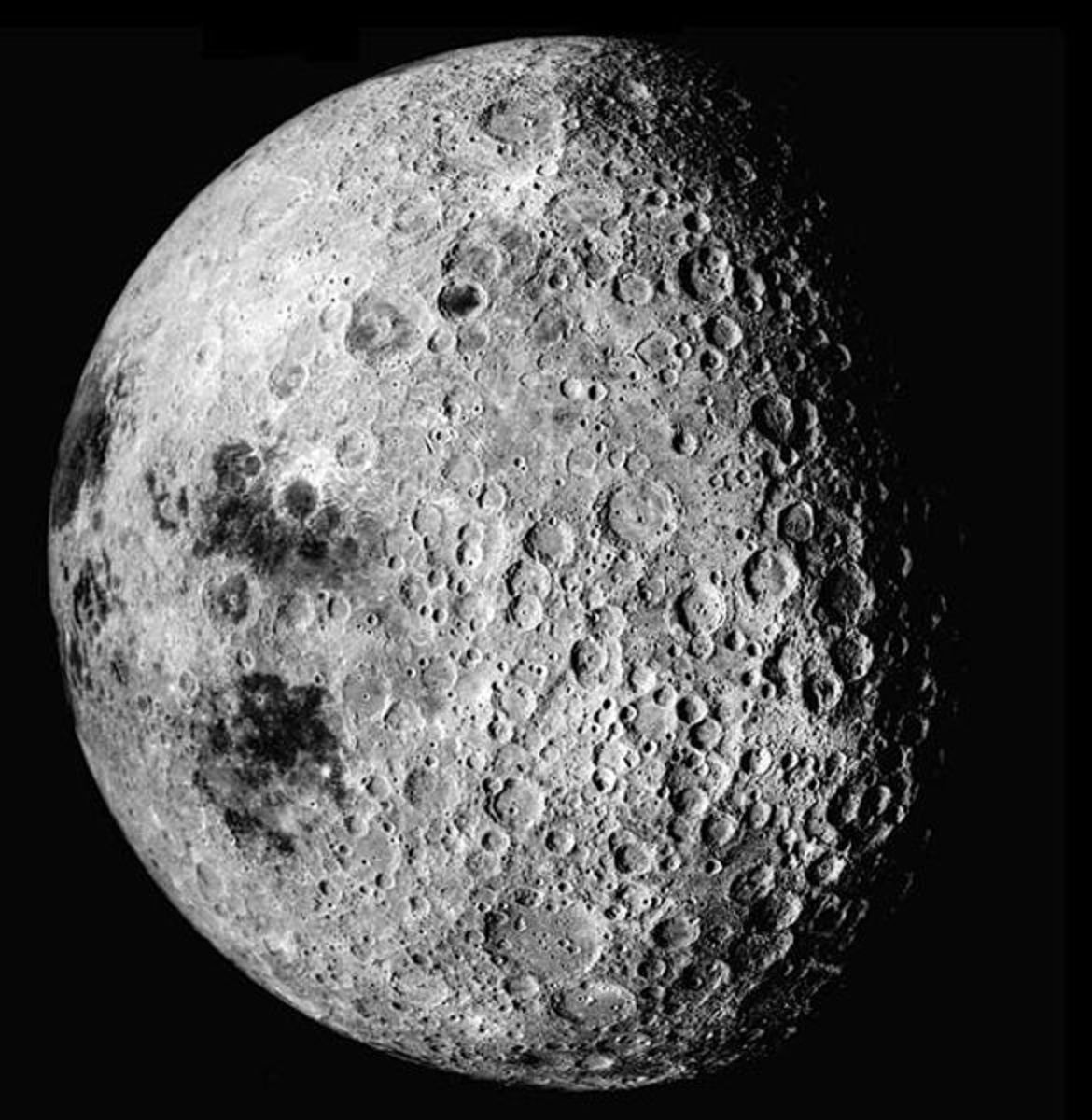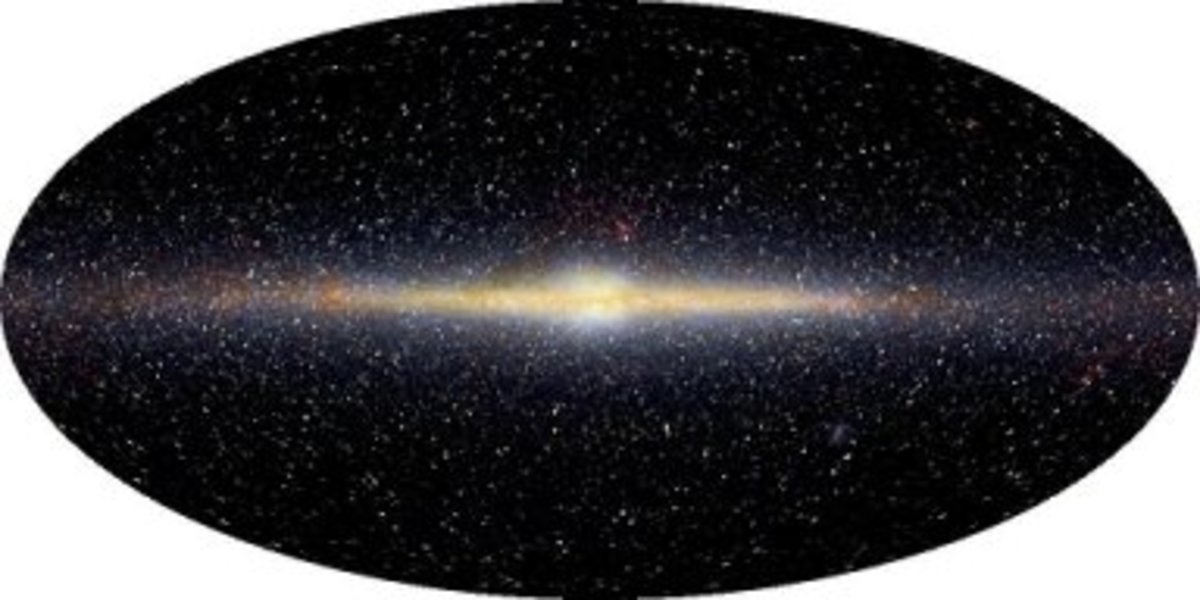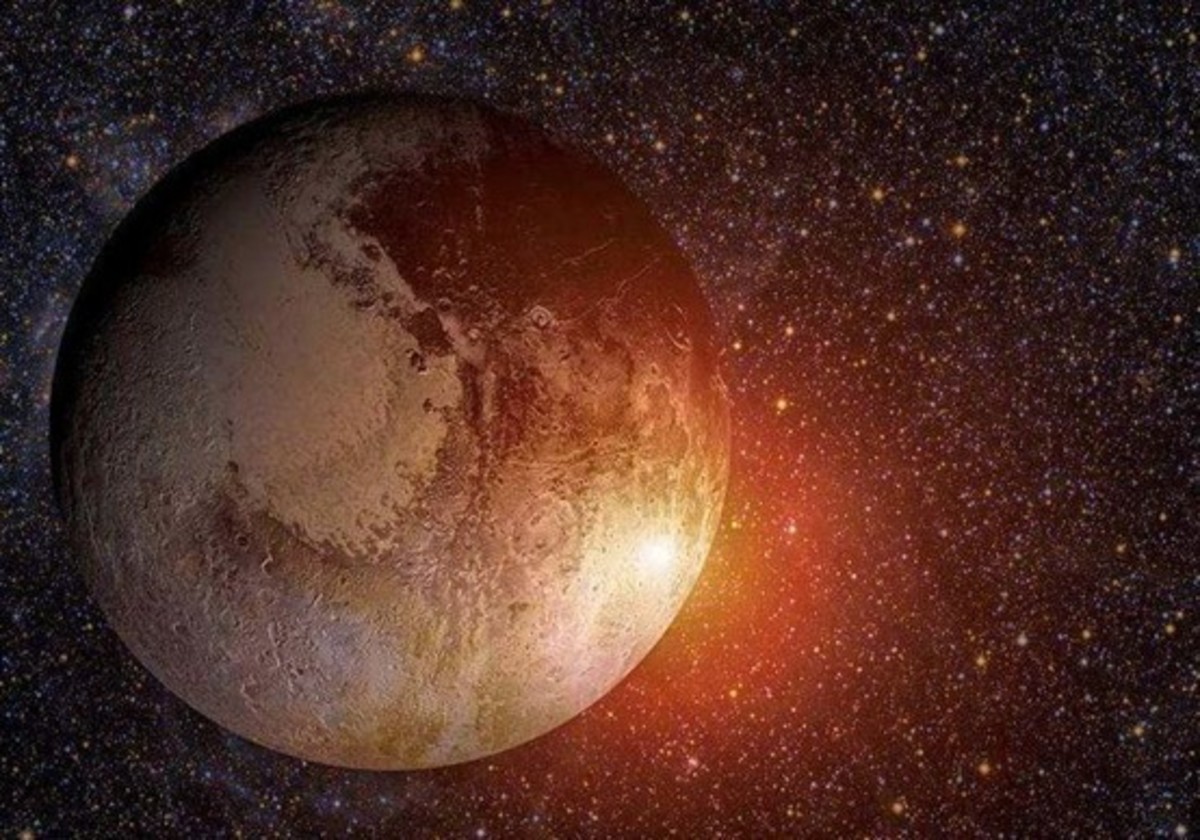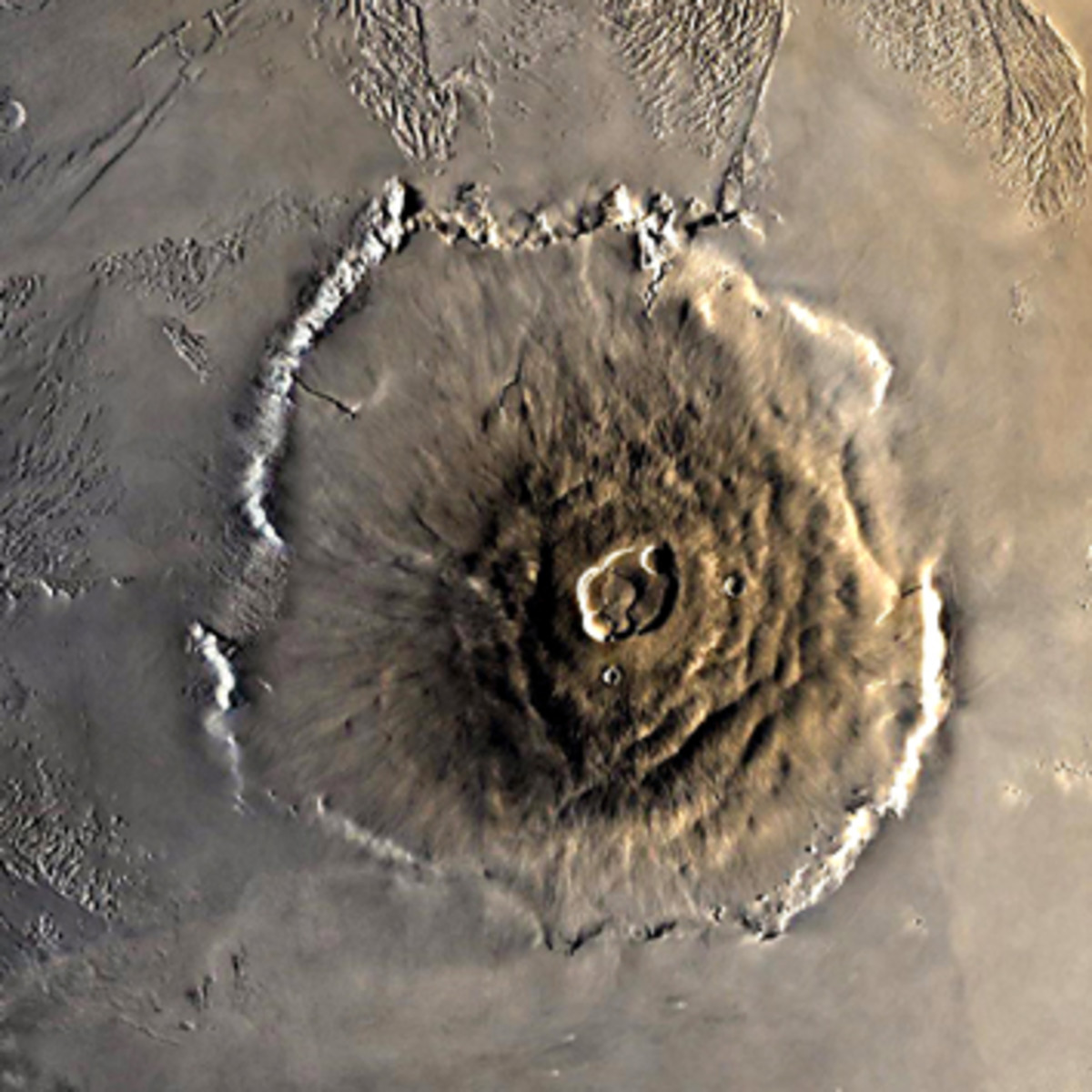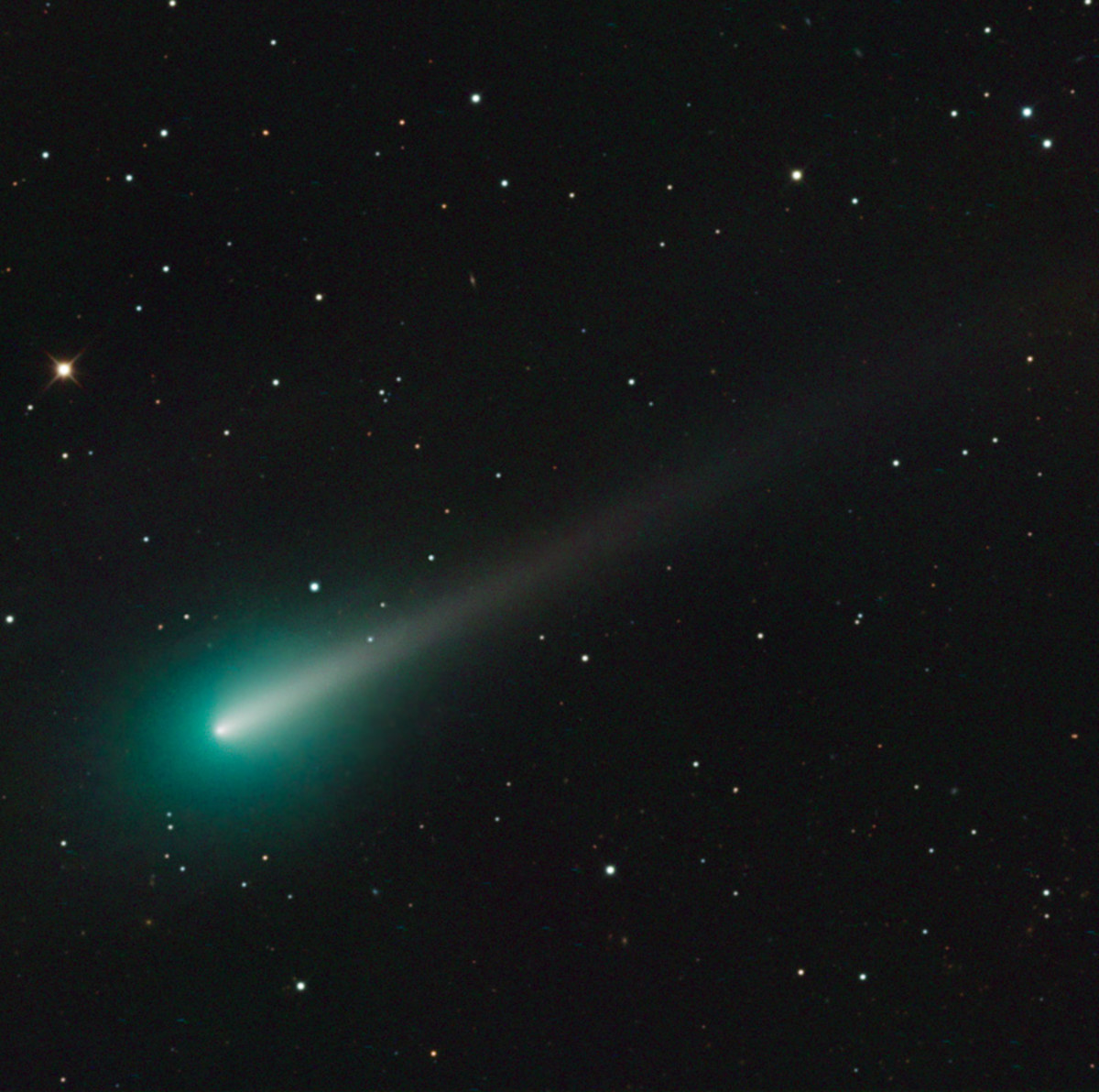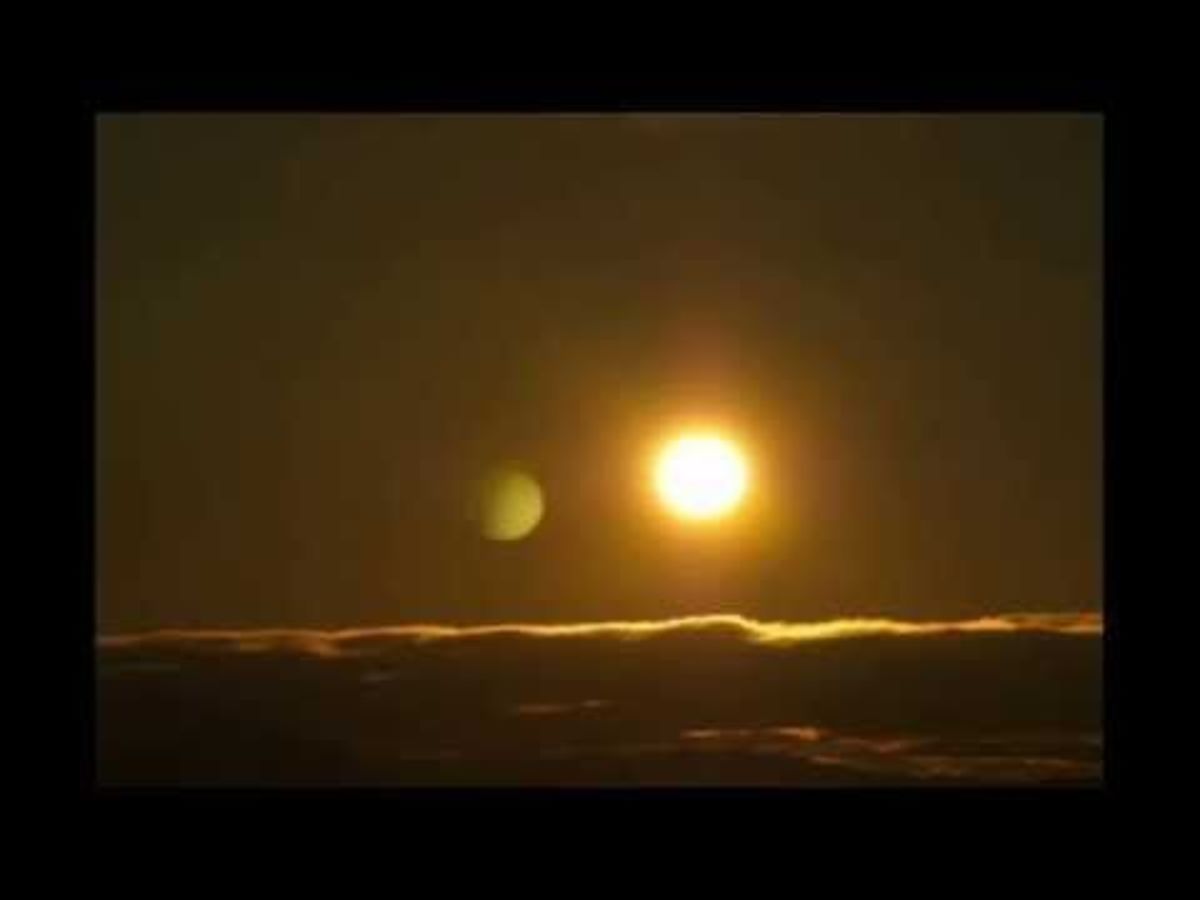72 Hours To Dooms Day
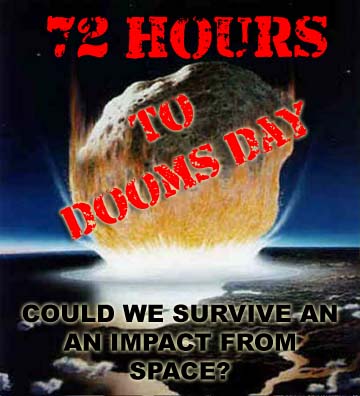
The What If Factor
What would happen if our civilization was suddenly faced with total inhalation, if there was some great calamity that was going to befall us in a matter of days and there was nothing anyone could do to stop it? Well this argument of what if is moot; the truth is that it isn't a matter of if but when... and it could be sooner than you think.
We live within a game of cosmic billiards, twice in 20 years we've witnessed impacts on the surface of Jupiter, with the first impact in 1994 as comet shoe-maker levy 9 smashed into the atmosphere of the giant planet creating Earth sized atmospheric scars and then earlier this last year in 2008 another scar appeared in the clouds of Jupiter in what astronomers say must have been an asteroid impact. The warning signs are out and with near misses like the one from asteroid 2007 TU 24 which came within one lunar distance of our world, and the latest was 2008 TC3 a Volkswagen sized object that detonated over the Sudan in October 2008 where they only had 20 hours warning of the asteroid and were even lucky the spotted it at all. We are dodging the cosmic bullet so they say. The Tunguska event of Siberia in 1908 was believed to be a shallow descending asteroid that exploded just over the Siberian tundra and forests flattening trees for hundreds of miles like match sticks laid down in a butterfly pattern.
Also visit:
Rogue Asteroids and Their Danger to Earth
By Pete Maida
What Could Happen?
Impact
events can range in their destructive force, smaller objects often
cross the Earth's orbit. There is a relationship between the size of
the object and the frequency that such objects hit the earth. Asteroids
with a less than a mile in diameter hit Earth about every 500,000
years. Larger impacts with objects over a mile in diameter but less
than five miles wide happen about once every ten million years... now
that seems like a long time but in the history of Earth's four billion
year life spand that is just seconds on the clock. The last known
impact of an object larger than five miles wide or more in diameter was
durring the Cretaceous Tertiary period and it caused a massive
extinction level event and that was sixty five million years ago.
Asteroids
enter the Earth's atmosphere about once a year and release as much
energy as the Little Boy bomb dropped on Hiroshima this amount of
energy approximates tpo around 15 kilotonnes of TNT, that is one huge
explosion. These meteors explode high up in the atmosphere and can
create spectacular light shows when seen by the public. Most of the
time all of the solid material from the meteor is vaporized into
glowing plasma and never reaches the Earth's surface. Objects over 50
meters do strike the Earth about once every thousand years, these
produce explosions like the Tunguska in 1908 blast talked about above.
We do know of one Earth crossing asteroid with a diameter of about one
mile that has a calculated probability of colliding with Earth in March
2880, with a Torino scale rating of two. , (29075) 1950 DA. Still
unconvinced about the dangers of an impact event? If you ever wonder
about it just look up at our moon with a telescope one night, look real
hard at it's surface and tell me that our closest neighbor has never
been struck by these objects... now think about this, the Earth is
three times larger than our moon but it is weathered by constant
environmental erosion, this dynamic hides the impact craters of our
surface unlike the moon that has no atmosphere where all surface
patterns remain the same for millions of years. The truth is the Earth
if it had no weather and erosion would be just as pock marked as the
surface of the moon and if you count the craters on the moon you'd be
counting them for life times to come. The Earth is an even larger
target and yes we will be hit again and sooner than you think
The Ramifications For Our Society
In December 2008 the US air force got together scientists, the military, and emergency responders from FEMA for the first time to assess the nation's ability to handle an impact event that would destroy a modern day city. They were asked to imagine how they would respond if an asteroid called Innoculatus was going to strike the Earth after just 72 hours of warning. The asteroid which had two parts to it was a pile of rubble 270 meter wide and was going to splash down in the ocean off the west coast of Africa and a 50 meter wide solid rock that was aimed for the suburbs of Washington DC.
The exercise exposed the chilling dangers that asteroid impacts pose. There is no plan for what to do when an asteroid impacts but our early warning systems could make the difference between life and death and for now are inadequate. The meeting provided a wake up call organiser in the fact that we have no recourse for such a devistating event should it take place. If we even had warning the only thing we could do is evacuate the impact zones and hope for the best. Those areas where the meteor is going to strike would have to be organized in the flight out of the impact zones. But in recent events such as hurricane Katrina we see that such cases are not always as organized as we'd like to hope they'd be. People on the streets given warning would panic and clog arteries such as highways out of cities bringing travel outbound to a halt. As it stands we have no plan for the evacuation or the survival of the people in the impact zones.
If a larger object of over a mile was impact eminent then well I guess we would all just have to get together with our loved ones and pray for our eternal souls and a quick ending. This is a dismal outlook but a very real probability since again this is not a question of if, but a question of when.
Asteroids and Meteor Products
New Scientist Asteroid Attack
Asteroid Impact Threats Torino Scale
- www.torinoscale.com
Asteroid Impact Threat Scale
Comet hits Earth - (Deep Impact)
Can't We Stop It?
We've seen the movies, Armageddon and Deep Impact where given enough time (years in advance) special teams of scientists and astronauts are sent with special bombs to blow up the asteroids before they reach Earth or in the 70's with such low budget films such as Meteor where they shoot nuclear missiles to intercept the asteroid before its projected arrival. All of these scenarios are flights of fantasy, the truth is our missiles are designed for low Earth trajectories and are made to destroy cities and kill people not to blow up asteroids. We don't even have a space craft right now that is designed to take men to the moon much less land on an asteroid to blow it to pieces. Even if we could blowing up a large object in space traveling with such kinetic energies so that if it entered the atmosphere it would be traveling mach 20 could create a mega sized shot gun blast aimed right at the Earth causing much worse devastation that the original impacter would have.
To stop an asteroid we need warning. The first line of defense is cataloging and finding all Earth crossing objects larger than 5 meters in diameter and forecasting their orbits and the Earth's orbit to see if and when they will collide. The next is to develop technologies that can subtly push the object off course. If the asteroid is far enough out in space and we have years time than even a slight push or nudge would make a huge separation of distance by the time the Earth and the projected impact event were supposed to happen. Scientist propose kinetic impact probes to push the asteroid off course, others talk about painting the asteroid with dark and lighter aerosols that would cause one side of the asteroid to heat up in the Sun's light and the other to deflect light, this would cause the side of the object in heat to nudge into a different orbit. Others still say we could use nuclear explosions to nudge the objects out of the way of Earth, and others say we could use solar sails to push the objects into Sun crossing orbits and in a way round them up for destruction. All of these projects take time and funding from observation and cataloging to actual prevention but at this time there are maybe less than ten people world wide working on the problem.
I leave you with a very sobering thought, on April 13th of 2029 an asteroid known as 99942 Apophis is going to come in close approach to Earth so close it will be as close as our geo-synchronization satellites we use for television signals and communications. (that is CLOSE) Well Apophis will be making a return visit an March 15th 2036. Scientist using radar projections say that the asteroid is going to miss our Earth, but this will be a very close call. If the asteroid, depending on its size, weight, and mass is just right when it reaches us in 2029 it could enter a gravitational keyhole where when the object returns in 2036 it will impact the Earth. Scientist are sure it is going to miss plus there is thirty years to do something about it if it will. Just the type of thing we should be using to test these preventions that we just talked about above. Well let us all hope it doesn't happen and maybe it won't, but can we sit back and just ignore the fact that it will... I think not.


